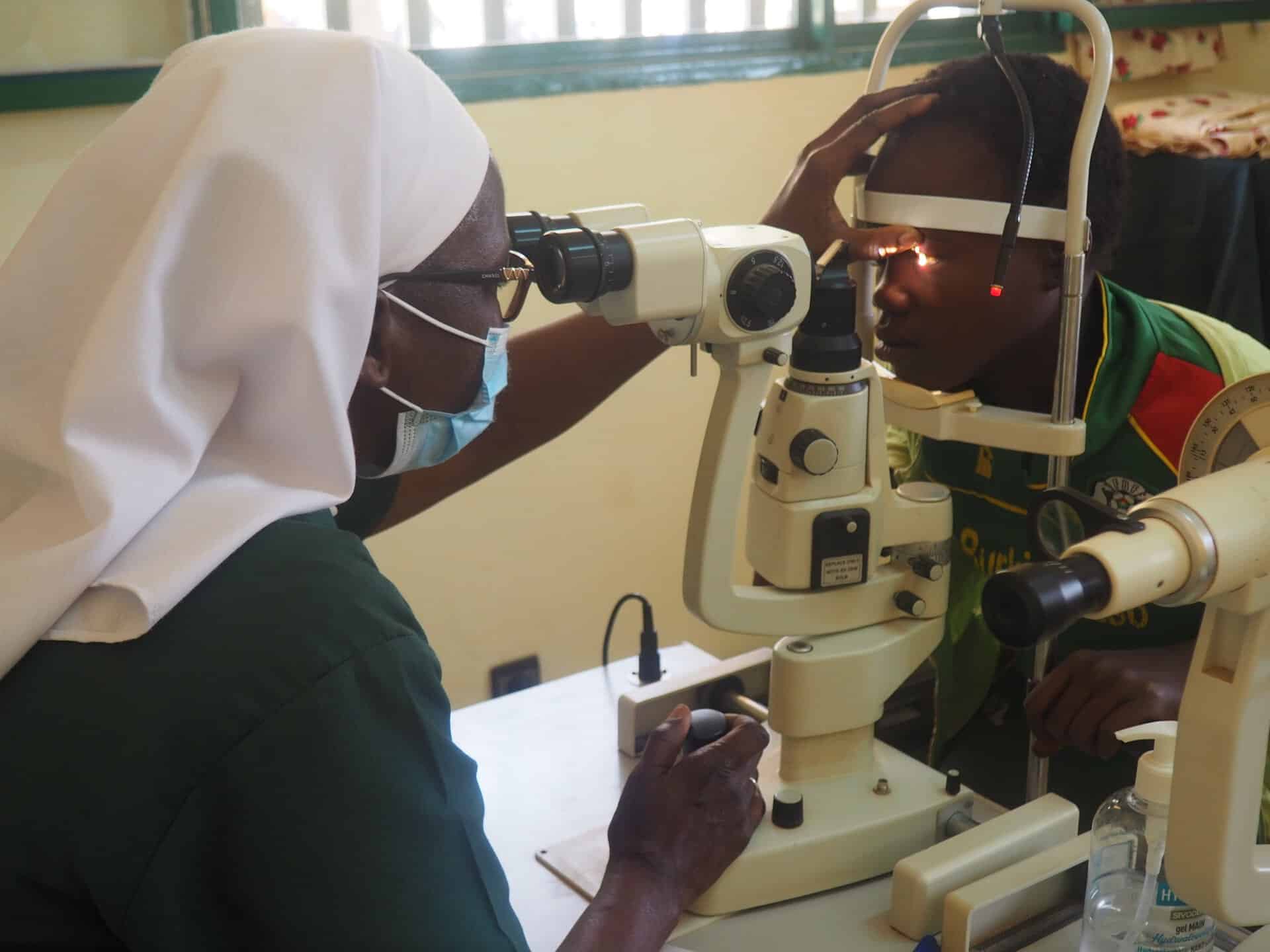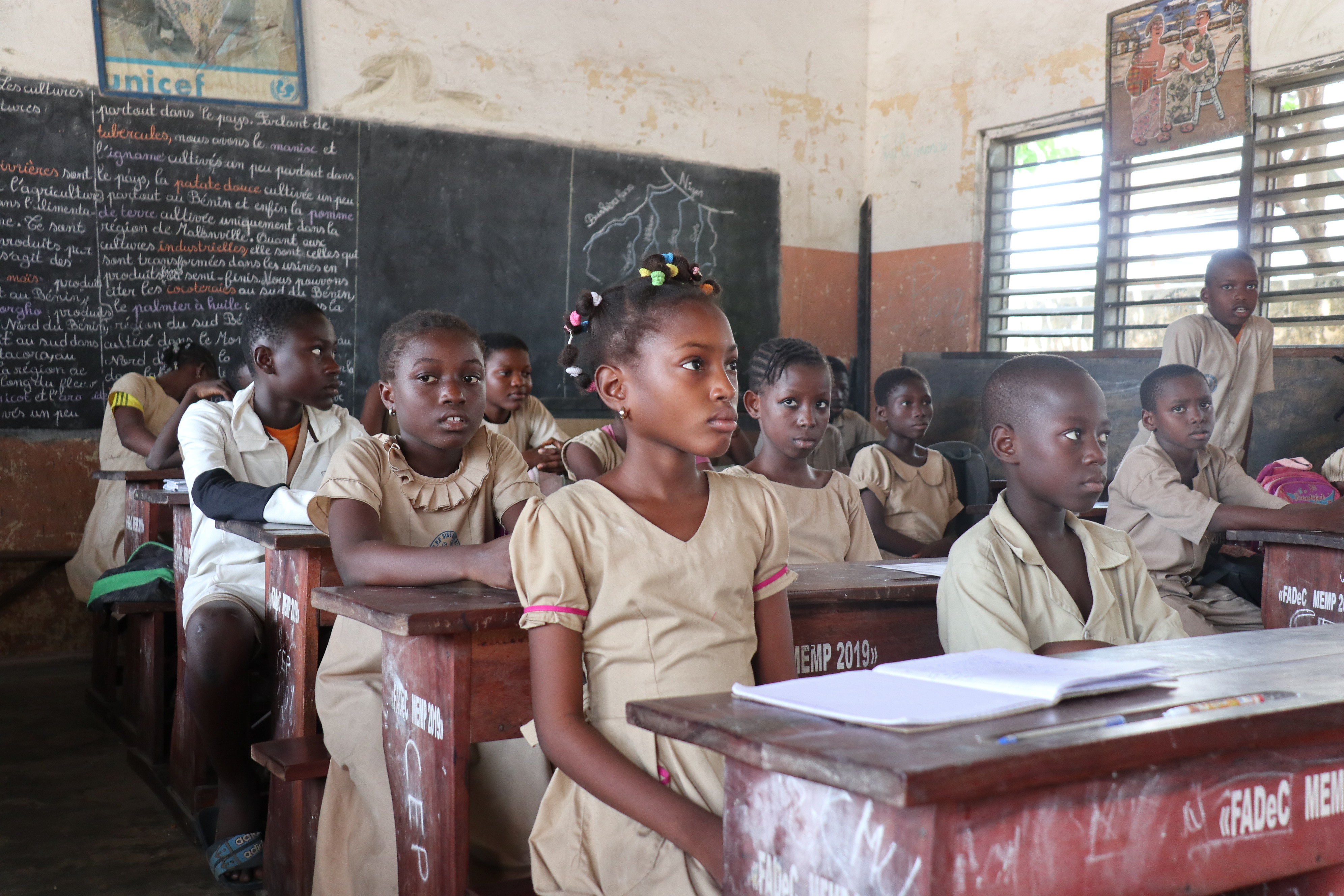Paris, 7 July 2020
After a very eventful school year and as the summer holidays begin for millions of pupils, a decree, which our organisations have been asking for for a long time, has just been adopted, which specifies the supporting documents necessary for enrolment in primary school. This text constitutes a step forward that should make it possible for children who are prevented from attending school by certain municipalities that require supporting documents that are impossible to provide to be enrolled in kindergarten and primary school.
The CNCDH, UNICEF, CNDH Romeurope and Aide et Action have been calling for such a decree for several years in order to put an end to the abuses of mayors who prevented some children from accessing school by asking them to provide an excessive list of documents or documents that some families were unable to produce. For example, some mayors were asking families living in shanty towns to provide an electricity bill in order to enrol in school.
As soon as the law for a school of confidence came into force last July, a law which provided for the drafting of a decree setting a limitative list of documents that could be requested at the time of registration, our organisations submitted a proposal for a text to the Ministry of Education.
We are therefore pleased that the Decree No. 2020-811 of 29 June 2020 specifying the documents that may be requested in support of an application for registration on the list provided for in Article L. 131-6 of the Education Code was published in the Official Journal on 30 June 2020, with a planned entry into force at the beginning of the next school year.
The adoption of this decree will enable many children to attend school in 2020. Under the new provisions, the mayor may ask the persons responsible for a child subject to compulsory education for a document proving their identity and that of the child and a document proving the child's residence. But from now on these elements can be justified by any means, including by a sworn statement. In addition, a mayor can no longer demand proof of the completion of compulsory vaccinations, which must be provided only to the school management for final registration.
This decree, by allowing parents in precarious housing situations to produce sworn statements, is a useful addition to another provision of the law for a school of confidence, which stipulates that in the event of a refusal to enrol by the mayor without a legitimate reason, the academic director of national education services (DASEN) can enrol the child. These provisions will ensure that the Education Code, which states that the status or housing of families cannot be a reason for refusing to enrol a child subject to compulsory schooling, is finally respected: the administrative obstacles regularly encountered by families living in squats, shanty towns or social hotels should be removed. Similarly, they will ensure that difficulties in accessing healthcare and vaccination do not prevent the exercise of the right to education. The application of these provisions is particularly urgent in overseas France, especially in French Guiana and Mayotte, where high rates of non-enrolment and administrative obstacles to effective access to school have long been denounced by local associations and by the CNCDH.
Our organisations also welcome the imminent deployment of school mediators in many areas, which will consolidate this progress for the thousands of children living in squats and shanty towns in metropolitan France.
As new or reappointed municipal teams are being put in place, the challenge now is to ensure that these measures are effectively adopted and applied so that the right to education becomes a reality for every child in the country.
In this respect, our organisations are asking that a single registration form be drawn up in the form of a Cerfa form, allowing the municipal services to appropriate these new provisions and guaranteeing the accessibility of information to families.
Our organisations wish to warn that this decree does not remove all the obstacles to the effectiveness of the right to education for all. Indeed, in French Guyana, for example, this regulatory advance will not build the schools needed to accommodate all the pupils. In metropolitan France, it will not systematically guarantee access to extracurricular services and school meals for these children.
Our organisations will be vigilant both on the effective application of the decree at the start of the 2020 school year and on the continued mobilisation of the Ministry of Education to remove all obstacles preventing children subject to compulsory schooling from being able to go to school, and in particular the delay between enrolment on the school list and actual entry to school. In addition, our organisations demand, beyond school enrolment, that these children be guaranteed access to extracurricular services and school meals. The persistent obstacles in accessing these services are in fact insidious ways of preventing the most vulnerable children from being pupils like the others and from fully exercising their rights.
Press contacts :
Anne Cassiot / Aide et Action / 06 82 10 89 01
Clémentine Sinquin / CNDH Romeurope / 06 68 43 15 15
Céline Branaa - Roche / National Consultative Commission on Human Rights / 01 42 75 50 27 / 06 45 18 72 87
Maud Saheb / UNICEF France / 06 83 99 05 67






